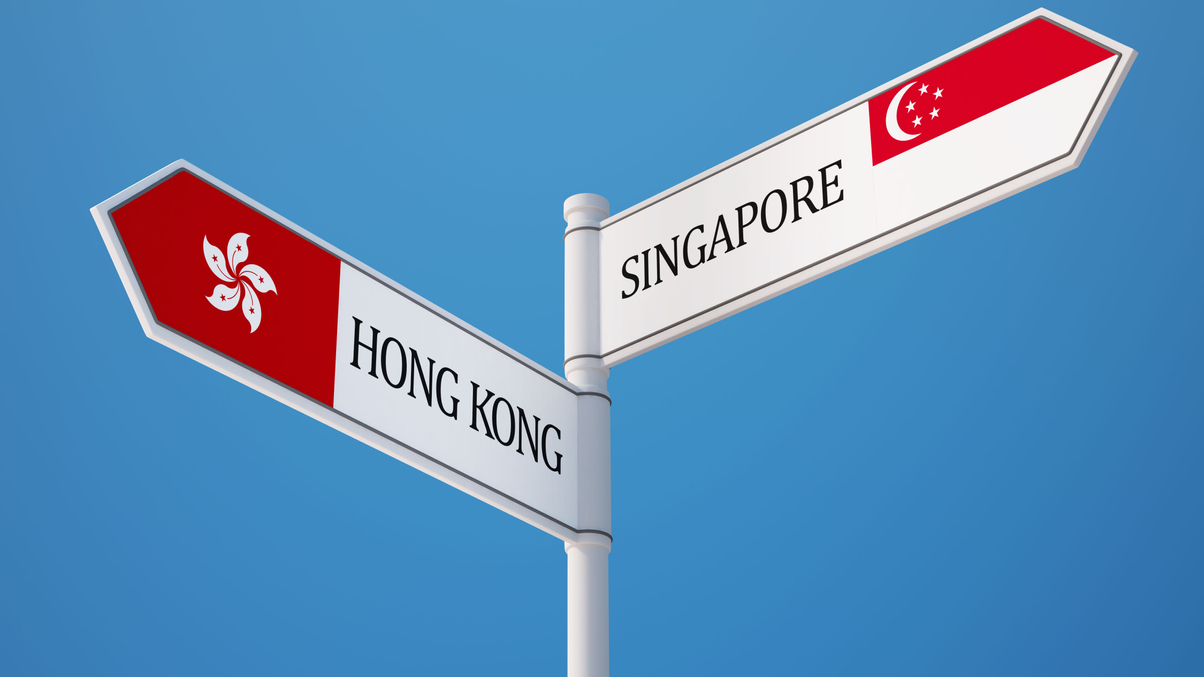Why Covid-19 gives HK an impetus for its PE plans
Hong Kong could steal a march on Singapore and benefit from a rebound in China’s private equity activities if its limited partnership bill isn't held up in the legislative process.

Hong Kong has lagged Singapore in revamping its limited partnership regime to attract more private equity (PE) investment, but the city’s resilience in battling the coronavirus outbreak coupled with China’s economic rebound could give its stalled PE initiative a new-found edge.
Sign in to read on!
Registered users get 2 free articles in 30 days.
Subscribers have full unlimited access to AsianInvestor
Not signed up? New users get 2 free articles per month, plus a 7-day unlimited free trial.
¬ Haymarket Media Limited. All rights reserved.


